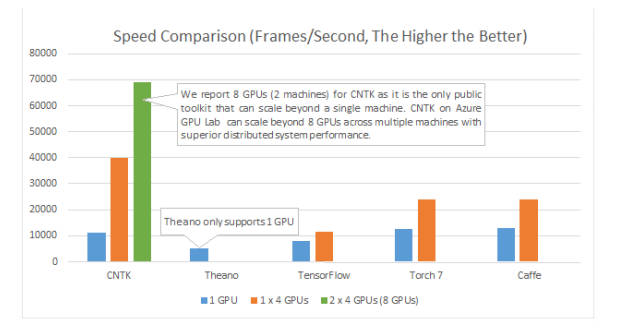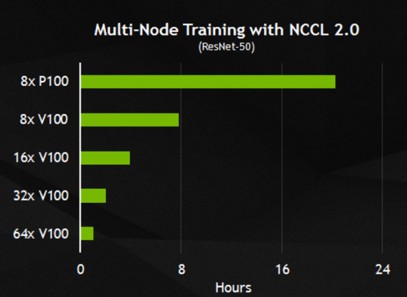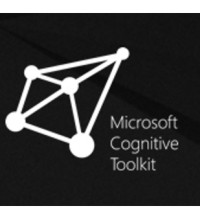| Microsoft Cognitive Toolkit Version 2.0 |
| Written by Sue Gee |
| Monday, 05 June 2017 |
|
After over six months in beta, Microsoft Cognitive Toolkit Version 2.0, which was formerly known as CNTK, is now in full release with general availability.
As we reported at the time, Microsoft Cognitive Toolkit Version 2 entered beta testing in October 2016. Having started out in-house at Microsoft by researchers who wanted to use machine learning in areas such as speech recognition, CTNK (Computational Network Toolkit), described as: a commercial-grade toolkit for training deep learning algorithms to learn like the human brain was open sourced in April 2015, although it continues to be used by Microsoft Research. Microsoft Cognitive Toolkit, which is still widely referred to at CNTK, is designed to run on multiple GPUs and outperforms other Machine Learning Frameworks in terms of its performance. This Speed Comparison comes from a paper Should I use TensorFlow, which compares CNTK, Theano, Torcha and Caffe, with TensorFlow, that we covered last November:
The blog post announcing that Microsoft Cognitive Toolkit version 2.0 has now achieved general availability status included more performance statistics. They show how it outperforms other similar platforms, in this case Caffe, MXNet, TensorFlow and Torch, in terms of speed on a single CPU:
A chart is provided to show how on multiple GPUs, the performance improves with scale. It shows how the performance projections get progressively better with up to 64 V100’s, the new Volta GPU from NVIDIA:
On entering beta, highlights of Microsoft Cognitive Toolkit Version 2.0 included:
Having gone through fifteen beta releases and three release candidates, with new features introduced each time, CNTK 2.0, the first production release of Microsoft Cognitive Toolkit 2.0 is now available for download. The highlights of the release include:
Commenting on this in the GA announcement the team writes that this API means: users can evaluate Cognitive toolkit models with a new Java API. This makes it ideal for users wishing to integrate deep learning models into their Java based applications or for evaluation at scale on platforms like Spark.
The Congitive Toolkit comments in the blog post: The Keras API was designed for users to develop AI applications and is optimized for the user experience. Keras follows best practices for reducing cognitive load: it offers consistent and simple APIs, it minimizes the number of user actions required for common use cases, and it provides clear and actionable feedback upon user error. Keras has opened deep learning to thousands of people with no prior machine learning experience. We are delighted to announce that many thousands of Keras users are now able to benefit from the performance of Cognitive Toolkit without any changes to their existing Keras recipes.
The blog post concludes with a reference to a list of reason on the GitHub wiki why data scientists and developers who are using other frameworks now should try Cognitive Toolkit.
More InformationMicrosoft’s high-performance, open source, deep learning toolkit is now generally available
Related ArticlesMicrosoft Cognitive Toolkit Version 2.0 Beta Open AI And Microsoft Exciting Times For AI Microsoft Expands Cognitive Services APIs Microsoft Cognitive Services APIs Released Cortana Skills Kit Now In Developer Preview Conversation and Cognition at Build 2016 MIcrosoft's Project Oxford AI APIs For The REST Of Us To be informed about new articles on I Programmer, sign up for our weekly newsletter, subscribe to the RSS feed and follow us on Facebook or Linkedin.
Comments
or email your comment to: comments@i-programmer.info |
| Last Updated ( Tuesday, 06 June 2017 ) |






